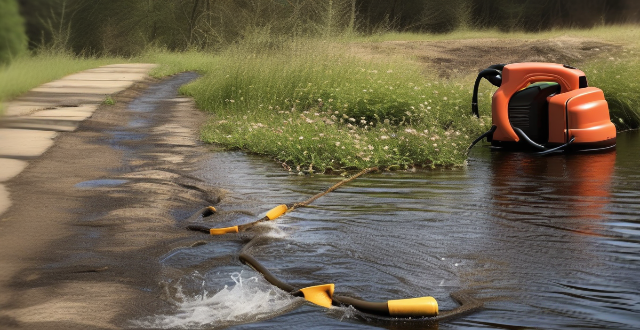Electrical equipment requires proper use and maintenance to ensure safety, efficiency, and longevity. Key tips include reading the manual, inspecting before use, avoiding overloading, keeping away from water, cleaning regularly, checking wiring, replacing parts as needed, storing properly, unplugging when not in use, using surge protectors, and avoiding DIY repairs for significant issues. Following these guidelines helps extend the lifespan of electrical equipment and minimizes risks associated with their use.

Proper Use and Maintenance of Electrical Equipment
Electrical equipment is an essential part of our daily lives, from small appliances to large machines. It's crucial to use them properly and maintain them regularly to ensure safety, efficiency, and longevity. Here are some tips on how to do so:
Proper Use
Read the Manual
- Always read the instruction manual before using any electrical equipment.
- Understand the functions, settings, and precautions specific to your device.
Inspect Before Use
- Check for any visible damage to cords, plugs, or the equipment itself.
- Ensure that all parts are intact and functioning correctly.
Avoid Overloading
- Do not overload outlets or power strips.
- Distribute the load evenly across different outlets if necessary.
Water and Electricity Don't Mix
- Keep electrical equipment away from water and moisture.
- If a device gets wet, unplug it immediately and let it dry completely before using again.
Maintenance
Clean Regularly
- Dust can accumulate on electrical equipment, which can cause overheating and short circuits.
- Use a soft, dry cloth to wipe down the exterior of your devices regularly.
Check Wiring
- Periodically inspect the wiring of your electrical equipment for signs of wear or damage.
- If you notice any issues, have them repaired by a professional.
Replace Parts as Needed
- Some parts may need to be replaced over time due to wear and tear.
- Follow the manufacturer's recommendations for replacement intervals and use genuine parts.
Store Properly
- When not in use, store electrical equipment in a clean, dry place.
- Avoid extreme temperatures and direct sunlight, which can degrade materials over time.
Safety Precautions
Unplug When Not in Use
- Turn off and unplug electrical equipment when it's not being used to prevent accidental damage or fires.
Use Surge Protectors
- Connect sensitive electronics to surge protectors to safeguard against power spikes.
- Remember that surge protectors also wear out and should be replaced every few years.
Don't DIY Repairs
- For any significant issues or repairs, consult a qualified electrician.
- Attempting DIY repairs on complex electrical systems can be dangerous and void your warranty.
By following these guidelines, you can extend the lifespan of your electrical equipment and minimize the risks associated with their use. Remember that prevention and regular maintenance are key to ensuring both the functionality and safety of your devices.